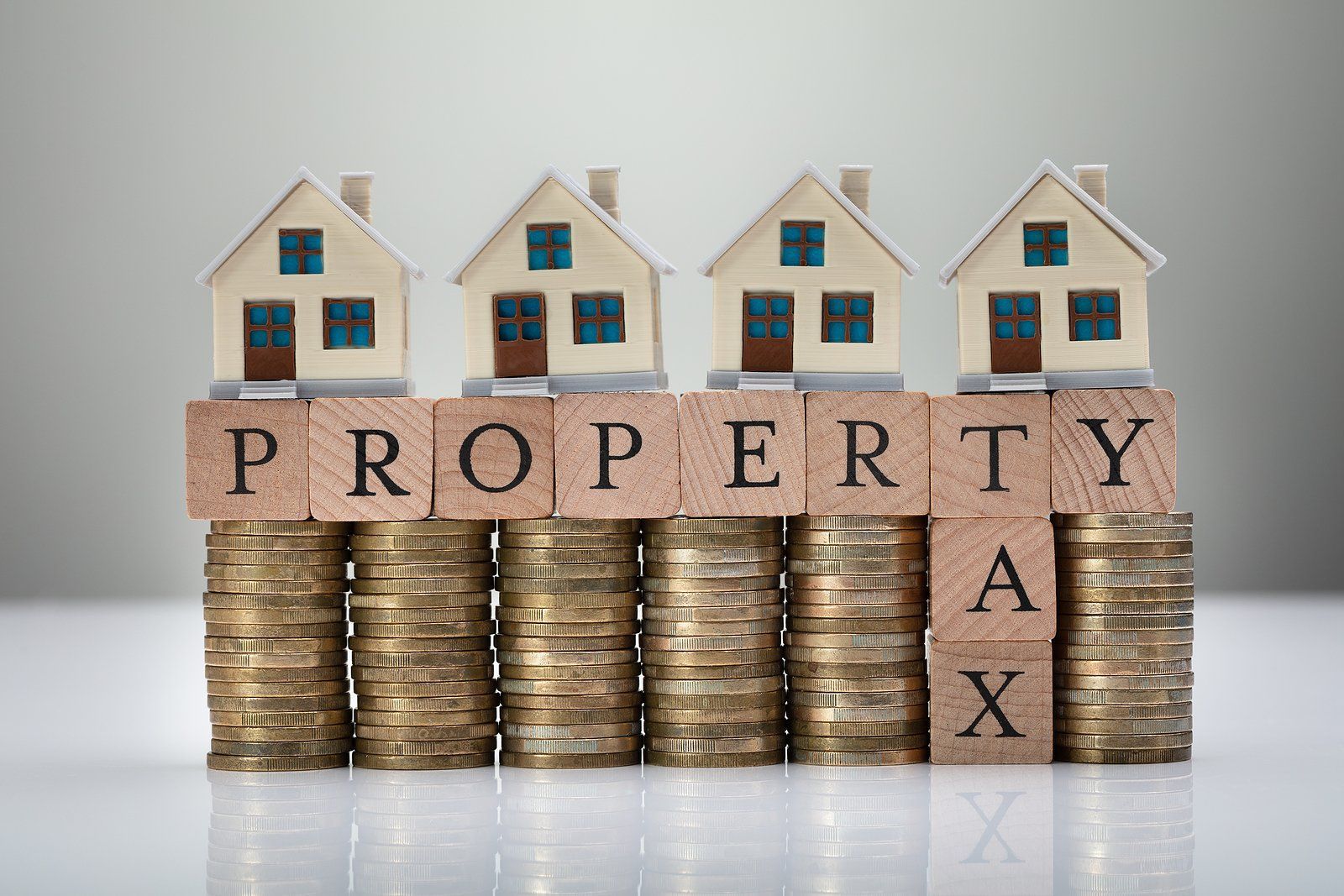New Paragraph
Property Taxes
You should have received your 2022 property tax assessments in the mail over the past two weeks. Your property assessment reflects the "estimated value" of your property on July 1, 2021, along with your property characteristics and condition on Dec 31, 2021. Your property tax bill will be a function of two factors: 1) Your Property’s Assessed Value and 2) The City Council Approved increase for the year. This year instead of property value decreases (seen over the past few years) we will experience a tax increase combined with a value increase which will make this increase more impactful than the past few years.
How does the city know the condition of your property on a specific date? Good question. How do they even know what sort of upgrades and finishings you have inside your house? The short answer is they do not. So it is important to note a property assessment is NOT to be confused with your current market value.
If you are thinking about selling your property, it would be best to talk to a realtor who will be able to give you a better idea of current market values along with current market conditions.
Current market conditions to start 2022 are definitely in the favour of sellers with all time lows in MLS listings. Thinking about selling? This may be one of the best times in years. For those looking to upgrade it may take some patience.
Need a realtor? EMAIL me and I can connect you with the best. With the current shortage of supply in the market, homes are selling quicker and for more money than they were even six months ago.
Your value on your property tax assessment CAN and does impact your property taxes. For 2022 the City of Calgary has seen property assessment values increase by almost 10% over the previous year. This was based on a typical residential home of $485,000 which is up from $445,000.
City council has proposed an overall tax increase of 3.87% for 2022, but we will see when they are mailed out in May.
You can estimate your property taxes with the city’s property tax calculator by clicking HERE.
Feel like disputing your property assessment,
click this LINK
2022 key dates
- Jan. 5 to March 14, 2022 – Customer Review Period
- May 2022 – property tax bill mailing
- June 30, 2022 – property tax due date
More questions on property taxes, property values or want to talk about mortgages call 403-614-9211
Share
RECENT POSTS


STAY INFORMED
Subscribe to my newsletter




